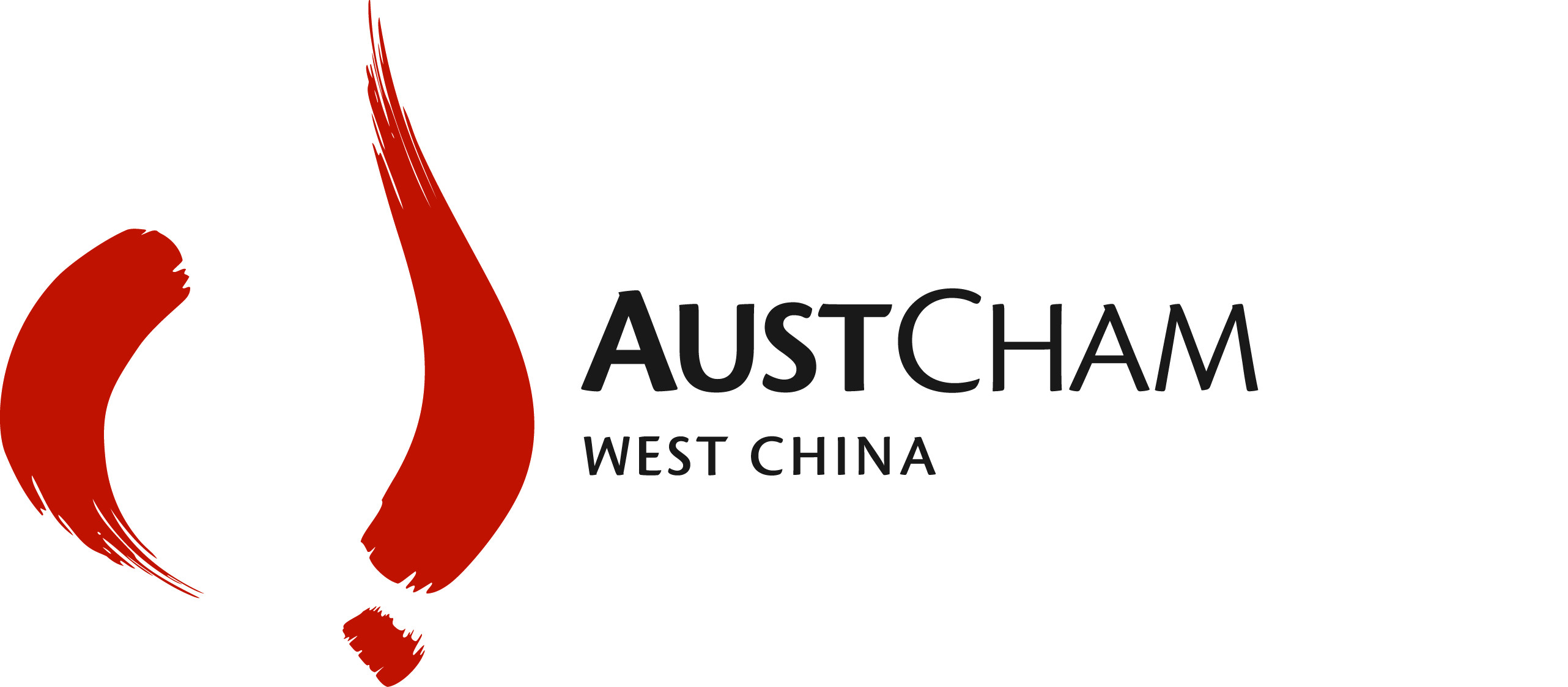Online firms expanding into pharma sales
China’s e-commerce is currently expanding into pharmaceuticals as the government begins to syphon prescription drug sales away from hospitals and into retail outlets. The online pharmaceutical business has expanded rapidly in recent years, up from virtually zero five years ago, to over 7 billion yuan (US$1.1 billion) in 2014. The online pharmacies are working in conjunction with the local hospitals on a trial basis, which allows patients to buy their medication online using their doctor’s prescription. Different to the United states, China does not possess nation-wide pharmacy chains that dominate retail prescription sales, this is where e-commerce may be able to fill the void by “consolidating the fragmented market” by linking with local pharmacies to become distribution channels. Click here for the full article.
South China province reports 11th Zika case
A young girl in China’s Southern province, Guangdong, is believed to be the 11th individual to be infected with the Zika virus. The 7-year-old Venezuelan citizen began showing symptoms after returning to her hometown in Enping city, Guangdong. On April 4, she tested position for the virus. Zika was brought into international headlines last February when the World Health Organisation declared a global emergency. The Zika virus has a proven link with microcephaly, a birth defect which can cause children to be born with small brains, potentially causing a neurological syndrome that leads to paralysis. China remains attentive to the virus, acutely aware that the warming weather may help accelerate the spread of the virus. Click here for the full article.
China to crack down on hospital appointment touts
China has recently prioritised the eradication of the practice of reselling hospital outpatient appointments. In order to combat this practice, the government is implementing a campaign in the cities of Beijing, Shanghai and Guangzhou. This issue of Hospital appointment scalping was bought to the forefront of social media earlier this year, when footage was posted online of a woman reacting angrily after she failed to get an outpatient appointment, despite waiting two days and paying a scalper 4,500 yuan- a hugely inflated price when compared to the original 300-yuan price usually charged by the hospital. The campaign aims to address the innate problems that contribute to hospital appointment scalping. Some of the methods the government may implement to solve these problems include promoting referral services, and implementing a system that requires patients to go to different hospitals depending on their illness. Click here for the full article.

